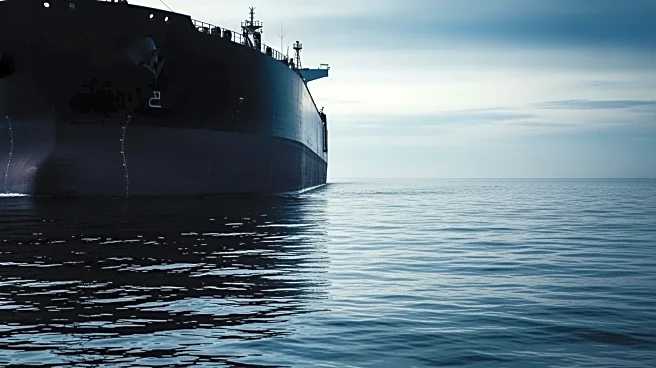What's Happening?
The Supreme Court recently heard arguments challenging the emergency tariffs imposed by President Trump. The case has drawn significant attention due to its implications on presidential powers. Justice
Brett Kavanaugh, along with other conservative justices, expressed skepticism about the administration's justification for these tariffs. The core issue revolves around the International Emergency Economic Powers Act (IEEPA), which the administration used to justify the tariffs. Kavanaugh questioned why Congress did not amend the IEEPA if it intended to limit presidential authority in such matters. The court's conservative majority, including Chief Justice John Roberts, raised concerns about the administration's reliance on declared emergencies to impose tariffs without limits. The historical precedent cited by the administration, involving former President Nixon's use of similar powers, was also scrutinized.
Why It's Important?
This case is pivotal as it addresses the balance of power between the executive branch and Congress regarding economic measures. A ruling against the administration could set a precedent limiting presidential authority to impose tariffs unilaterally, potentially affecting future administrations. The decision could impact U.S. businesses, particularly small and medium-sized enterprises, which have challenged the tariffs due to their economic impact. A ruling in favor of the businesses could lead to a reevaluation of the scope of presidential powers under the IEEPA, influencing how future economic emergencies are managed.
What's Next?
The Supreme Court is expected to deliver its decision by the end of June. The outcome could prompt legislative action if Congress seeks to clarify or amend the IEEPA to better define the limits of presidential authority. Depending on the ruling, there may be increased pressure on lawmakers to address the balance of power in economic policymaking. Businesses and trade groups will be closely monitoring the decision, as it could have significant implications for international trade and economic policy.








